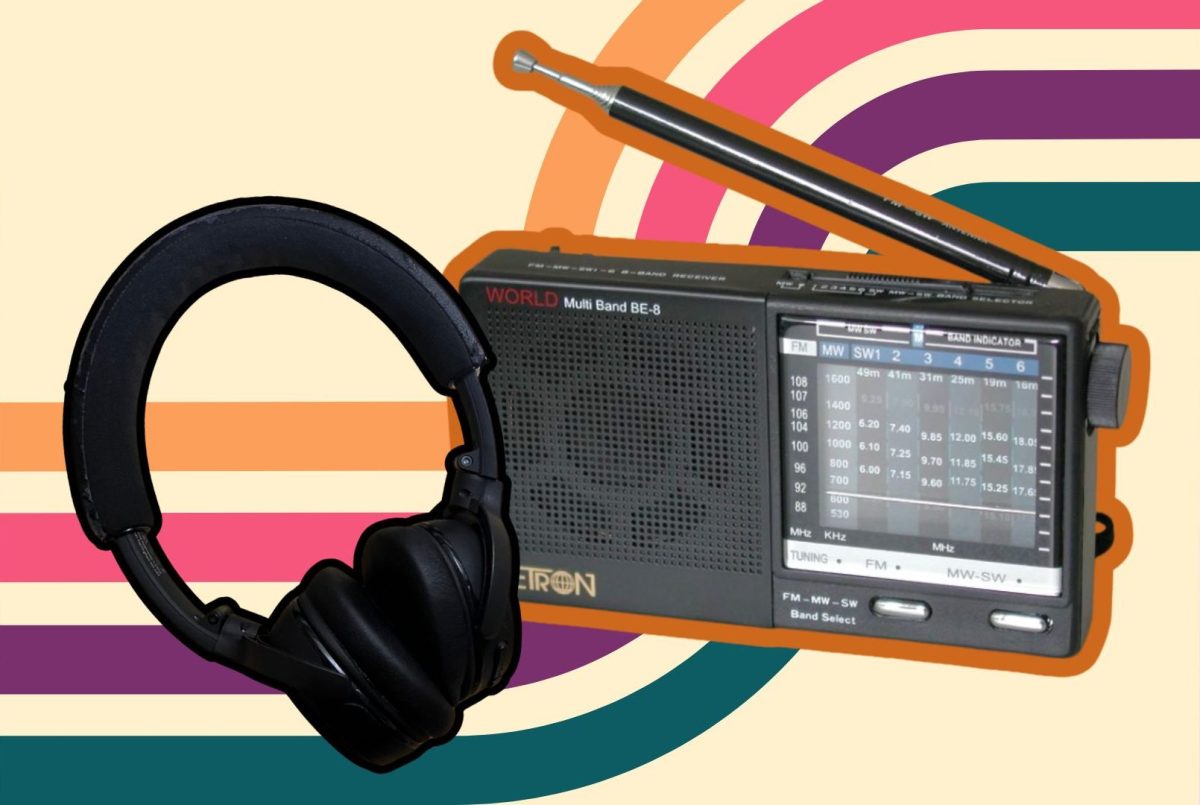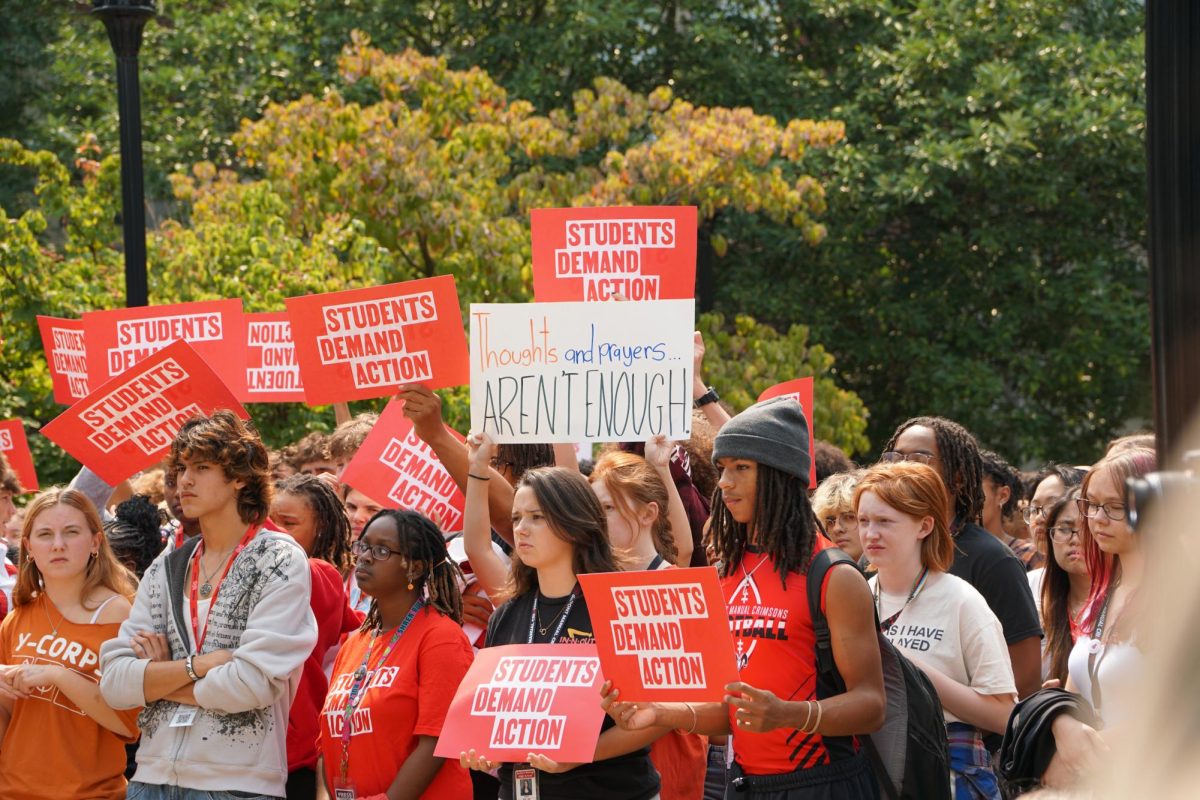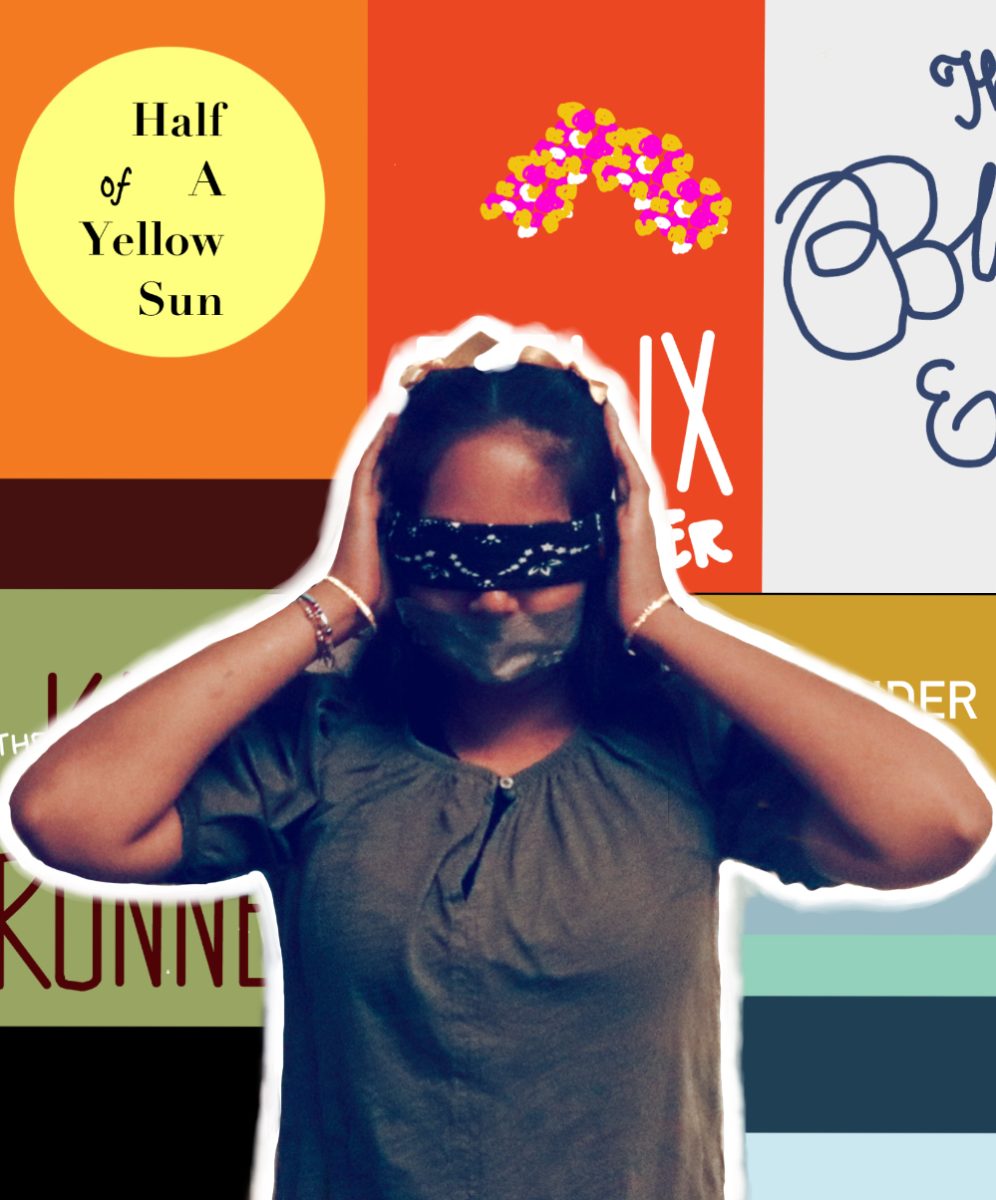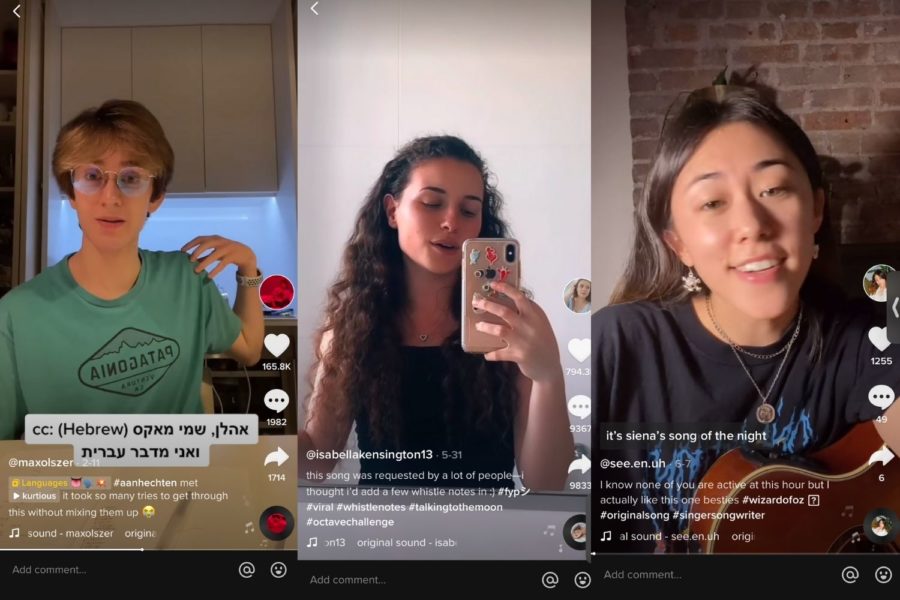Amid exponentially rising cases of COVID-19 in the initial months of 2020, social media app TikTok rapidly grew alongside the virus and generated over 315 million downloads, per Sensor Tower.
According to Wallaroo, Generation Z accounts for more than 60% of the app’s users, who have assumed the role of both content consumers and successful creators.
While Siena Moran (’19) said she initially felt “a little too old for TikTok” as its user demographic primarily consisted of middle and high school students, she said her outlook shifted during COVID-19.
“Quarantine actually got a lot of people my age to download the app,” she said. “I just happened to cave in earlier than everybody else.”
Isabella Mattera (’20) said she is a passionate singer but never paid much heed to TikTok in its early stages, posting singing videos on the platform infrequently in 2020. However, when she pursued music in a gap year after graduating from ASL, she began sharing her work on TikTok regularly where it subsequently went viral.
“All of a sudden, one of my videos actually blew up,” she said. “It was ‘The Record Player Song’ by Daisy the Great, and I really was not expecting it.”
Similarly, when Maximilian Olsher (’21) first went viral on TikTok, they said the initial reaction was utter disbelief.
Olsher creates content surrounding world languages, queer idenity, neurodiversity and Jewish culture. In their first viral video – which now has more than 600,000 views – Olsher introduced themself in 13 languages.
“I remember my friends had been telling me to record a language challenge,” Olsher said. “You had to introduce yourself with the languages you can speak. It was 11:30 p.m., and I was really just distracting myself from homework, so I made the video. And the next day, it had 300,000 views.”
Moreover, Moran said her first big hit on TikTok was a re-creation video of Harry Styles’ outfits, which in turn fostered a community with others sharing similar music and fashion interests.
“When that video blew up, I was shocked by how many people still cared about One Direction and Harry Styles,” she said. “I was like, ‘Oh, so I’m not the only one with a Harry Styles obsession in my twenties,’ which is good to know.”
By gaining views on their videos, teen creators can earn a profit. Through the Creator Fund, available in select nations to those over 18, influencers earn $1 for every 100,000 views . Even so, sponsorships can be more lucrative.
In fact, Moran said she selectively promotes ethical and sustainable brands on her TikTok account, such as Everlane and Dyspnea.
“I made a decision really early on that I didn’t want to support fast fashion,” she said. “I did a partnership with Everlane because I feel like it’s really good that they’re trying to be transparent about their production.”
Akin to Moran, Olsher said they take advantage of their large audience to inform followers about current social justice issues.
In one of Olsher’s favorite videos, which has now reached nearly two million views, Olsher said they sang a Yiddish version of “If I Were a Rich Man” from “Fiddler on the Roof.” Olsher said the video was created in response to many popular creators mocking a Jewish singing tradition called “nigun.” This TikTok was later featured in The Jewish Chronicle, one of the most prominent Jewish newspapers in the United Kingdom.
“It warms my heart because I was able to engage so many people with something so important to me,” Olsher said.
Mattera also said she has used her music account to help the neurodiverse community by posting “panning music” – an 8D audio shifting from ear to ear – which can benefit those who are neurodiverse through the relaxation it provides.
Mattera said she enjoyed receiving positive reactions from the neurodivergent community regarding these videos.
“So many neurodiverse people have appreciated these videos, and it feels really good to know that my music can make an impact,” she said.
Moran also uses her TikTok account to educate followers on current affairs. Thus, she said she joined the activism group Gen Z for Change and founded The Sexbook, an online platform aiming to educate adolescents about sexual health.
Alongside The Sexbook, she released a song called “Mid-July” to raise money for RAINN, an anti-sexual violence organization. She said she received an incredibly positive response to the music as well as its underlying mission.
“A lot of people DM’d me saying the song really resonated with them, which felt so good,” she said.
Likewise, Mattera said she appreciates the connections TikTok creates when interacting with fans amid COVID-19 and beyond.
“I noticed that more people wanted to interact, and it’s just such a nice way of communicating,” she said.
Olsher said they ultimately appreciate the connections, conversations and opportunities for education TikTok facilitates to unite the global community.
“I want to spread my interests and provide a space where I can meet new people who are interested in the same things as me,” Olsher said. “I love that I can share the things that I care about with my followers.”
This story was originally published on The Standard on November 19, 2021.








































